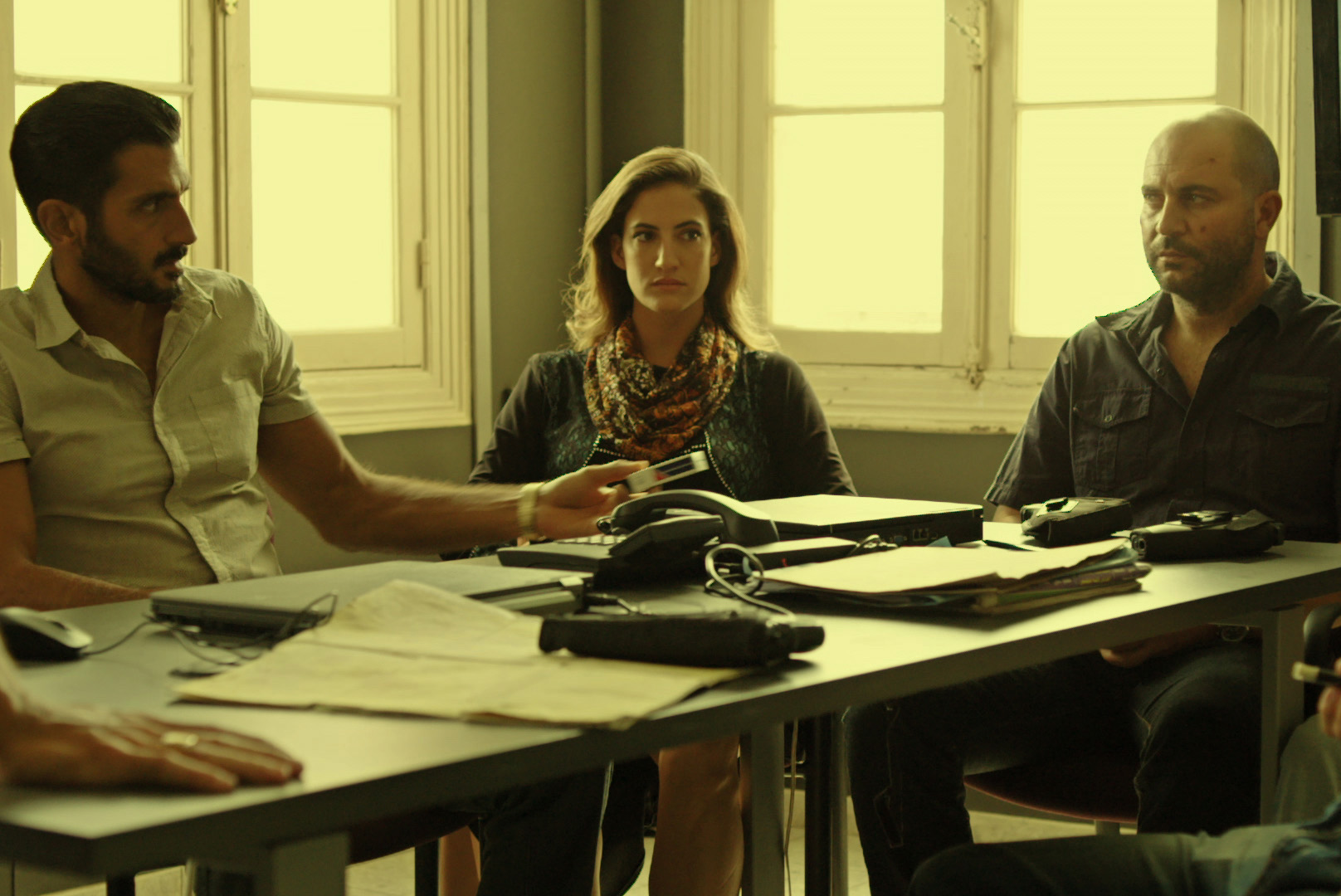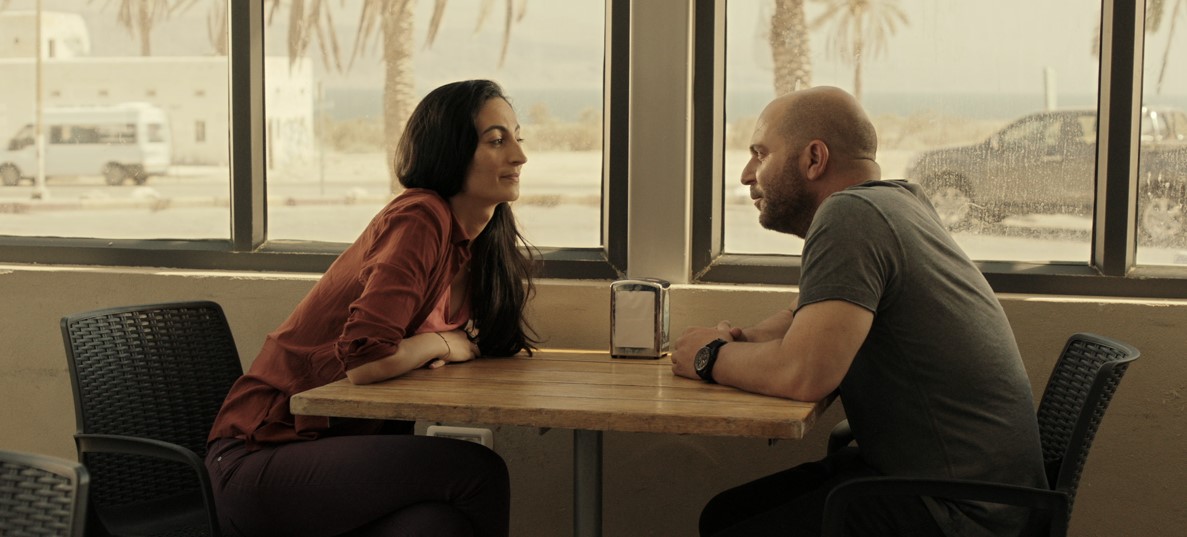Netflix’s ‘Fauda’ is an Israeli military action thriller series that tells the story of an unnamed special forces unit of the Israeli Defense Force. The unit’s erstwhile leader, Doron Kavillio (Lior Raz), quit the military to make wine in his vineyard. His retired life faces sudden abruption when it is discovered that the dreaded terrorist Doron thought he had killed is alive and planning a large-scale attack on the people of Israel. This prompts Doron to come out of his retirement and embark on the hunt for the terrorist. In each season, Doron and his team deal with a different threat. ‘Fauda’ is a rare show on the Israel-Palestine conflict that seeks to give its audience a complete picture of the violence in the Middle East. Generally, the title of a film or show underscores its central theme. If you are wondering whether that is true with ‘Fauda’ as well, we got covered. SPOILERS AHEAD.
Significance of the title Fauda
In the Arabic language, the word “Fauda” means chaos. As Raz, who created ‘Fauda’ with his screenwriting partner Avi Issacharoff, explained in an interview with CBS, “In Arabic, ‘fauda’ means chaos. In the late 1980s, early 1990s, there was the first intifada that began in Israel. The Arab population started to use this word ‘fauda’ as a symbol for ‘let’s go out and demonstrate.’ But on the Israeli, undercover side, soldiers started to use ‘fauda’ when someone discovered they were Jews or Israeli, and when they got burned. They would call on the Walkie-talkie and say ‘Listen, we have fauda.’ This was the code for the rescuers to come.”
Both Raz and Issacharoff are former members of the Duvdevan Unit of the Israel Defense Force (IDF), which seems to have inspired the unnamed military unit Doron is part of in the show. The Duvdevan, or Unit 217, is an anti-terrorism or mistaʽaravim squad that conducts high-risk undercover operations to either capture or neutralize sensitive targets in the Arab regions. These missions are almost always classified.

Raz and Issacharoff drew from experiences as part of the IDF to develop the narrative ‘Fauda.’ Issacharoff is also an accomplished journalist, which allowed him the opportunity to see the conflict from a different perspective, and that, in turn, helped him and his partner in creating a show where the Palestinian freedom movement is given considerable importance, even though the show has an unavoidably Israeli perspective.
Asked why it was important for them to tell both sides of the story, Raz said, “We were in the writer’s room, and I said to everyone, ‘Listen, I want to be able and I want to play each and every character in this show. And in order for that to happen, they’re supposed to be well-rounded and have a life of their own.’ In Israel, people don’t know the other side so well. You know, I’m sitting here in Tel Aviv and 10 minutes from me there’s a Palestinian city. But people barely think about it. They don’t want to talk about it. We wanted to show everyone what’s going on there.”
Read More: Is Fauda’s Doron Kavillio Based on a Real IDF Commander?


You must be logged in to post a comment.